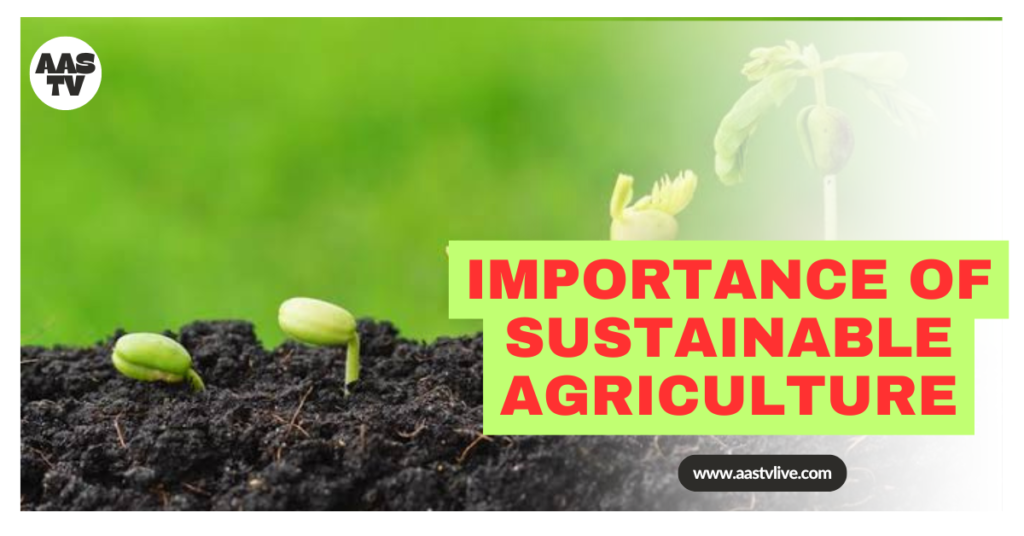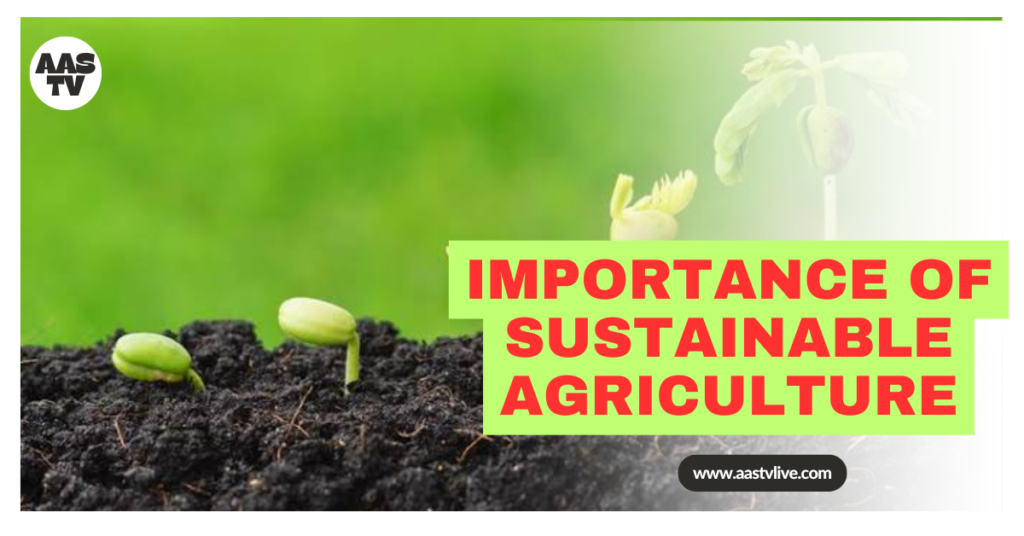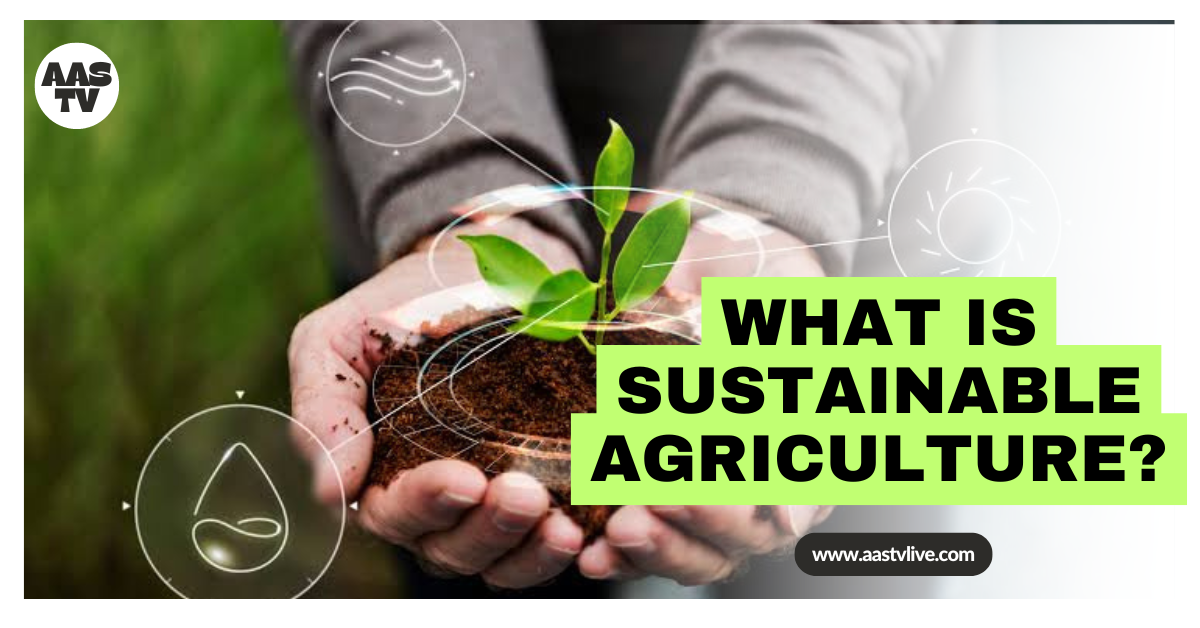Sustainable agriculture is an approach to farming that seeks to meet current food and textile needs without compromising the ability of future generations to meet their own needs. This concept integrates three main pillars: ecological health, economic profitability, and social equity. The goal is to create a farming system that is environmentally sound, economically viable, and socially responsible.
Definition and Principles
Sustainable agriculture encompasses a variety of practices that promote long-term soil health, biodiversity, and ecosystem function. It contrasts sharply with conventional farming methods that often rely heavily on chemical fertilizers, pesticides, and monoculture cropping systems. The United States Department of Agriculture (USDA) defines sustainable agriculture as an integrated system of plant and animal production practices that:
- Satisfy human food and fiber needs.
- Enhance environmental quality and the natural resource base.
- Make efficient use of nonrenewable resources.
- Sustain the economic viability of farm operations.
- Improve the quality of life for farmers and society as a whole.
Key principles include:
- Ecological Balance: Utilizing natural processes such as nutrient cycling and biological pest control.
- Resource Efficiency: Minimizing waste and using renewable resources wherever possible.
- Social Equity: Ensuring fair treatment and good working conditions for all individuals involved in the agricultural supply chain.
Importance of Sustainable Agriculture

As global populations continue to rise, the pressure on agricultural systems increases. Traditional farming methods have led to significant environmental degradation, including soil erosion, water pollution, and loss of biodiversity. Sustainable agriculture offers solutions to these pressing issues by promoting practices that protect the environment while still producing adequate food supplies.
Environmental Benefits
Sustainable agriculture helps mitigate climate change by reducing greenhouse gas emissions through practices such as agroforestry, which sequesters carbon in trees and soil. Additionally, it promotes biodiversity by encouraging crop rotation and polyculture—growing multiple crops in the same space—which can reduce pest outbreaks and improve soil health.
Economic Viability
Economically, sustainable agriculture can be more profitable in the long term. By reducing reliance on expensive chemical inputs and focusing on local markets, farmers can increase their resilience against market fluctuations. Sustainable practices often lead to healthier soils that yield more productive crops over time.
Social Equity
Socially, sustainable agriculture emphasizes community involvement and fair labor practices. It supports local economies by encouraging consumers to buy from local farmers, thereby strengthening community ties and ensuring that more profits stay within local economies.
Scope of Sustainable Agriculture

The scope of sustainable agriculture is vast, covering various methodologies and practices tailored to different environments and communities. Some common practices include:
- Crop Rotation: Alternating different crops in a specific sequence to improve soil fertility and disrupt pest cycles.
- Agroforestry: Integrating trees into farming systems to enhance biodiversity, improve soil quality, and provide additional income sources.
- Organic Farming: Avoiding synthetic fertilizers and pesticides while promoting natural alternatives to enhance soil health.
- Permaculture: Designing agricultural ecosystems that mimic natural ecosystems to create sustainable habitats for both plants and animals.
- Conservation Tillage: Reducing tillage to maintain soil structure, enhance moisture retention, and prevent erosion.
- Integrated Pest Management (IPM): Combining biological control methods with limited chemical use to manage pest populations sustainably.
Challenges Facing Sustainable Agriculture
Despite its benefits, sustainable agriculture faces several challenges:
- Knowledge Gap: Many farmers lack access to information about sustainable practices or the training necessary to implement them effectively.
- Economic Barriers: Transitioning from conventional to sustainable practices may require upfront investment that can be prohibitive for some farmers.
- Policy Support: There is often insufficient governmental support for sustainable practices compared to traditional farming subsidies.
- Market Access: Farmers may struggle to find markets for sustainably produced goods due to consumer preferences or lack of awareness about sustainability issues.
Conclusion
Sustainable agriculture represents a holistic approach to food production that prioritizes environmental health, economic viability, and social equity. As we face unprecedented global challenges such as climate change, resource depletion, and food insecurity, the importance of adopting sustainable agricultural practices becomes increasingly clear. By fostering a system that respects ecological boundaries while meeting human needs, sustainable agriculture offers a pathway toward a more resilient future for both our planet and its inhabitants. Through continued education, policy support, and community engagement, we can expand the scope of sustainable agriculture and ensure its benefits are realized for generations to come.

